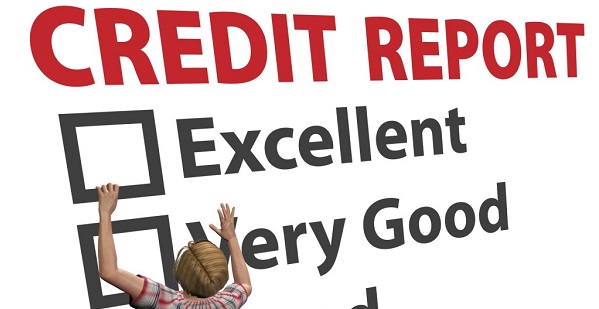If you want a new credit card or loan, you might want to consider your financial behaviour over the last few years. A new credit bureau is setting up shop and soon your payment history will be available to all UAE lenders. So how does this affect you?
Signing up for a new credit card or loan has, until now, been a rather laborious process. To check your credit worthiness, banks have insisted on seeing bank statements, utility bills, credit card statements and endless copies of your passport, Emirates ID and residency visa.
All this was needed because the banks were effectively lending blindly: They had little idea what other financial institutions you had borrowed from or how many credit cards you had run up to the max. However, thanks to a new federal credit bureau – your payment history will now be stored in one place.
First established in March 2012, the Al Etihad Credit Bureau has been working hard over the last year establishing a system that will monitor borrowing in the UAE. With phase one of data sharing due to take place in July, it means a credit report on you, as an individual, could be ready in September.
The bureau will collect data from banks, phone companies and various government bodies to build up a full credit profile. That profile will look back over the last two years and up to five years for any credit defaults.
It will bring transparency to the market, allowing banks to assess whether or not you are a good customer based on factors such as whether you pay on time, whether you have missed any repayments or bounced any cheques and whether you pay off the full balance of your credit card or the minimum balance.
All this information will be available to banks when they ask to see your credit report. The report will also be available to you as a customer and it will definitely be worth getting a copy because you need to ensure you credit history is accurate.
All it takes is for a bank to wrongly accuse you of missing payments, and your credit report may be negatively affected – something banks will then take into account when deciding to lend to you.
In the future, all your data will be calculated into a single credit score, which will go up and down depending on your financial behaviour. Behave well and your credit score will go up and the banks may even offer you preferential lending rates because they can see from your history that you are responsible with money. Behave badly and your score will go down and, in turn, the banks will not consider lending to you – or worse – lend, but at extortionate rates.
For the banking sector as a whole, it is a positive step forward. It could see the amount of paperwork needed to issue a loan or credit card reduced and less default on borrowing because the banks will be lending to the right people and not the wrong.
For you as an individual it could see banks offer products tailored to your credit history; lower lending rates and potentially less punishment for a bounced cheque. After all, if bouncing a cheque is a one-off – something the banks will know from your record – they may be more lenient.



